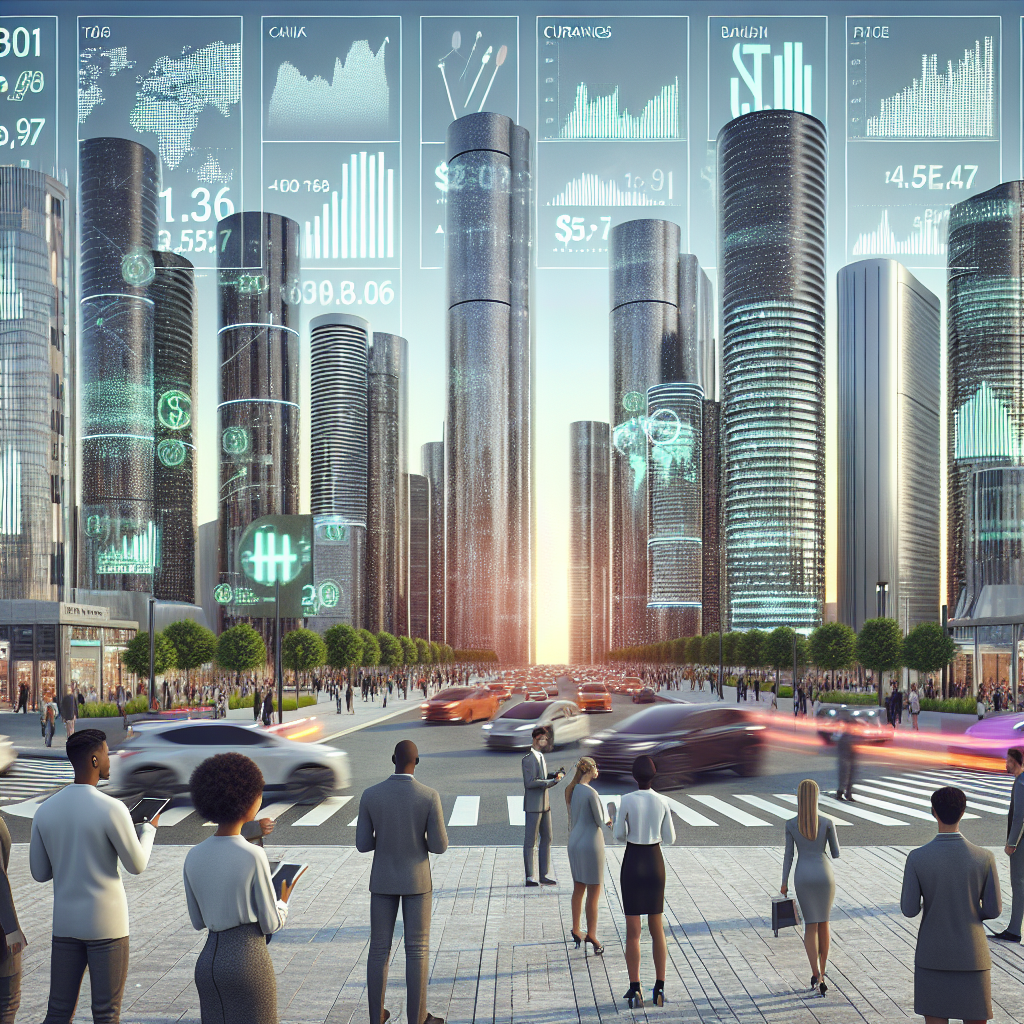As we delve into 2025, the global economic landscape is marked by significant change and adaptation. The world has witnessed transformative shifts, driven by technological advancements, evolving trade dynamics, and a heightened focus on sustainability. Here, we explore the key trends shaping the economy in 2025.
1. The Rise of Digital Economies
Digital transformation continues to be a major driver of economic growth. With advancements in AI, blockchain, and quantum computing, businesses have unlocked new efficiencies and capabilities. E-commerce has further solidified its position, with even greater integration into everyday life, as contactless payments and digital currencies become the norm.
2. Green Growth and Sustainable Practices
Climate change remains a pressing global issue, and in 2025, sustainability has become a central focus for policymakers and businesses alike. The transition to renewable energy sources is accelerating, with solar, wind, and hydrogen technologies leading the charge. Companies are increasingly adopting circular economy principles, reducing waste, and minimizing their carbon footprint to align with consumer expectations and regulatory demands.
3. Geopolitical Shifts and Trade Dynamics
The geopolitical landscape has evolved, with emerging markets gaining more influence on the world stage. As countries reassess trade relationships, regional trade agreements have become increasingly important. The focus is on creating resilient supply chains that can withstand global disruptions, such as those experienced during the pandemic years.
4. Labor Market Transformation
The labor market in 2025 is vastly different from previous decades. Automation and AI have transformed many industries, leading to both job displacement and the creation of new roles. There is a greater emphasis on reskilling and upskilling, as workers adapt to the demands of a digital economy. Flexible work arrangements, including remote and hybrid models, have become standard.
5. Financial Inclusion and Equity
Efforts to bridge economic disparities continue to gain momentum. In 2025, financial inclusion is at the forefront, with technology enabling greater access to financial services for underserved populations. This includes the proliferation of mobile banking, microfinance, and decentralized finance (DeFi) platforms that empower individuals and small businesses.
Conclusion
Economics in 2025 is characterized by a blend of innovation, sustainability, and inclusivity. As we navigate this new era, the ability to adapt and innovate remains crucial for businesses, governments, and individuals. By embracing these changes, we can build a more resilient and equitable global economy for future generations.




